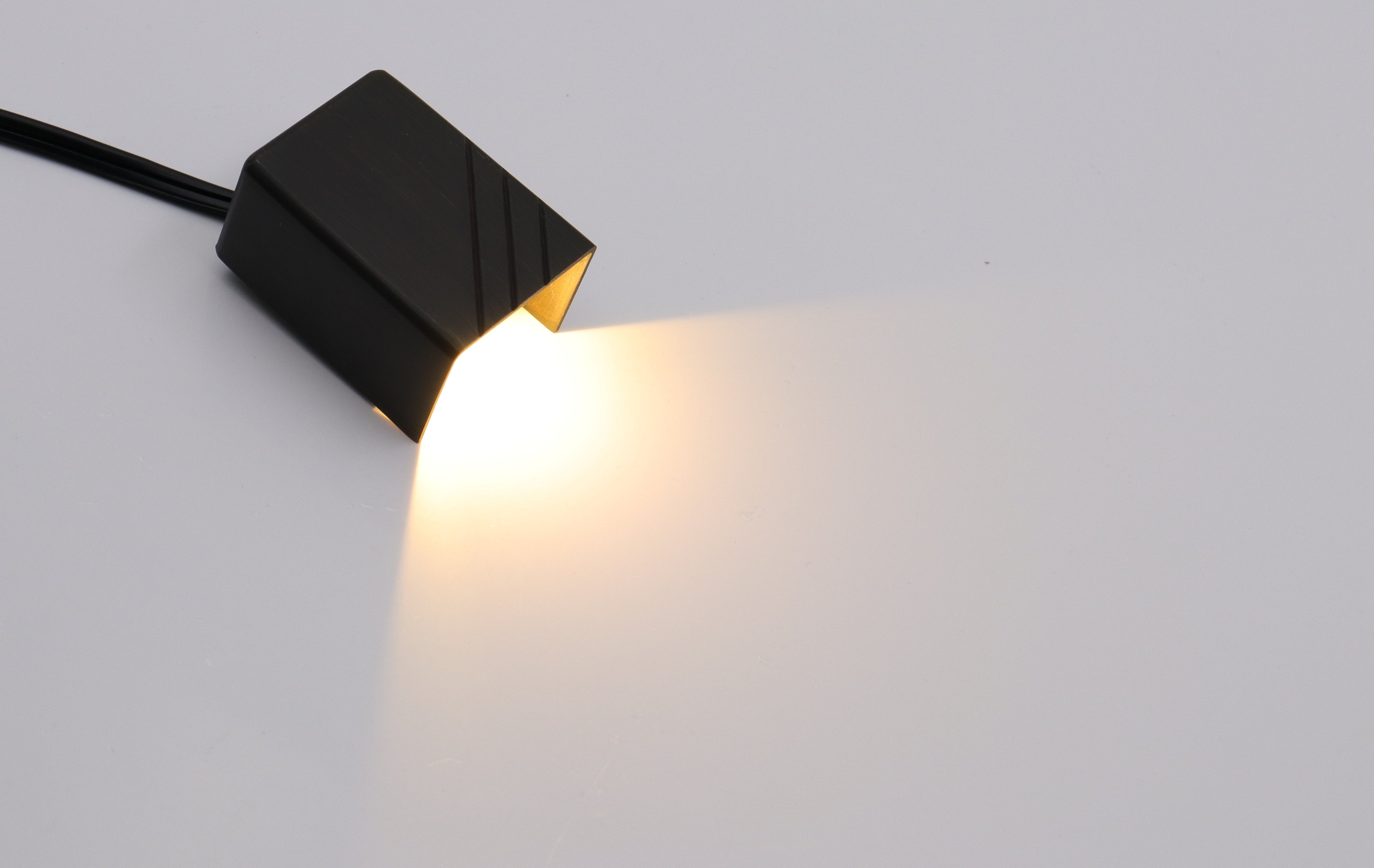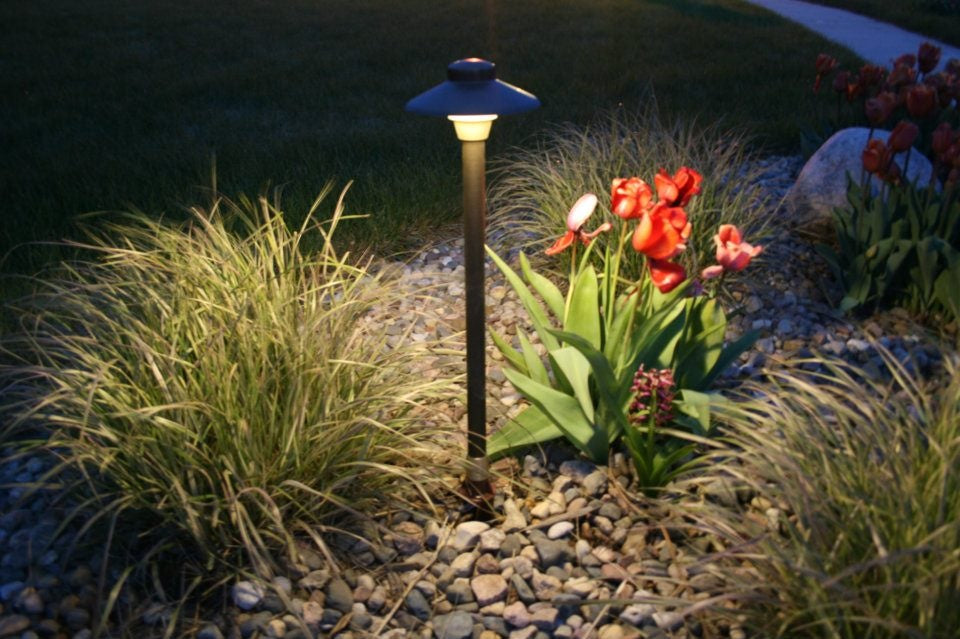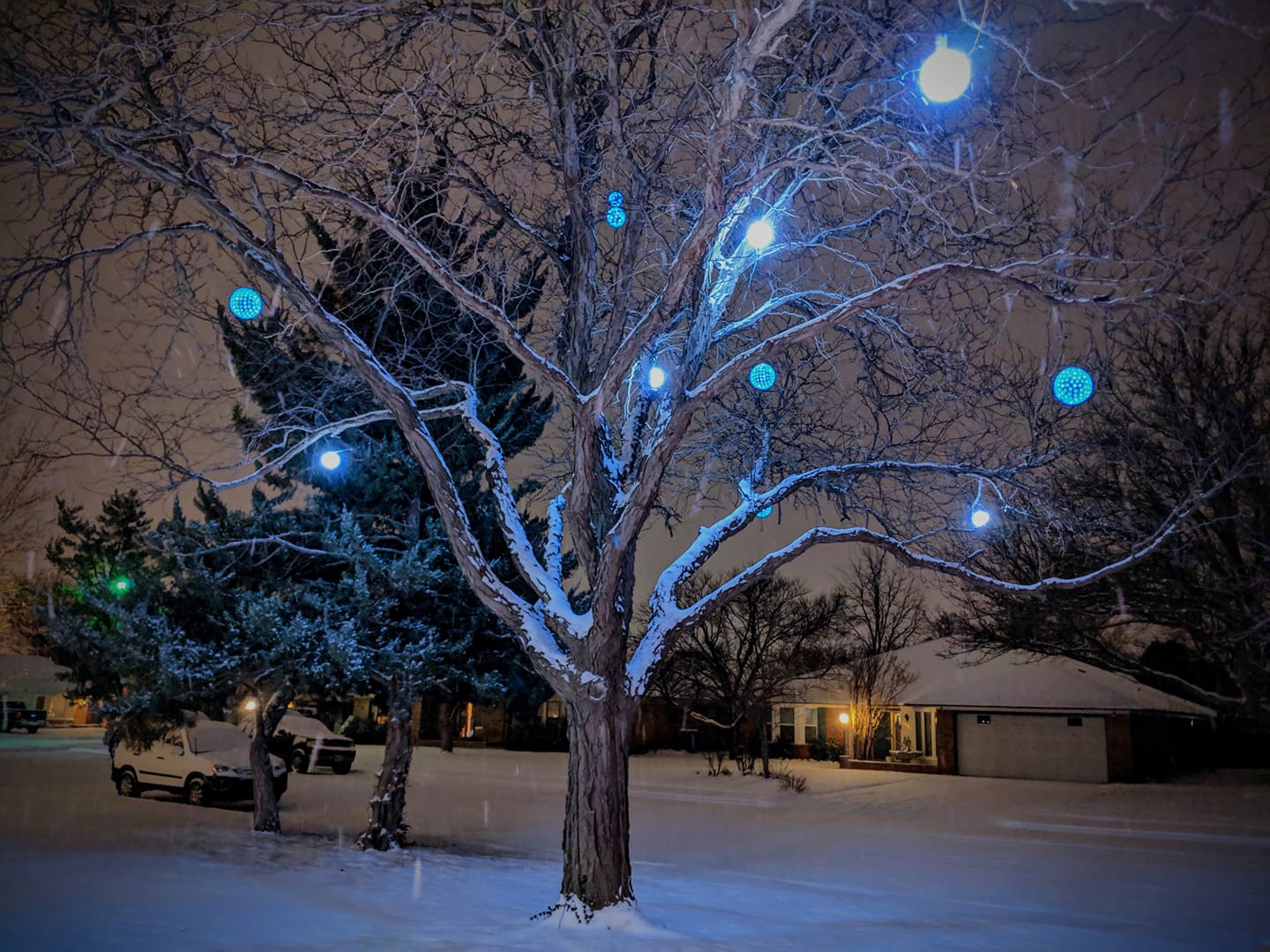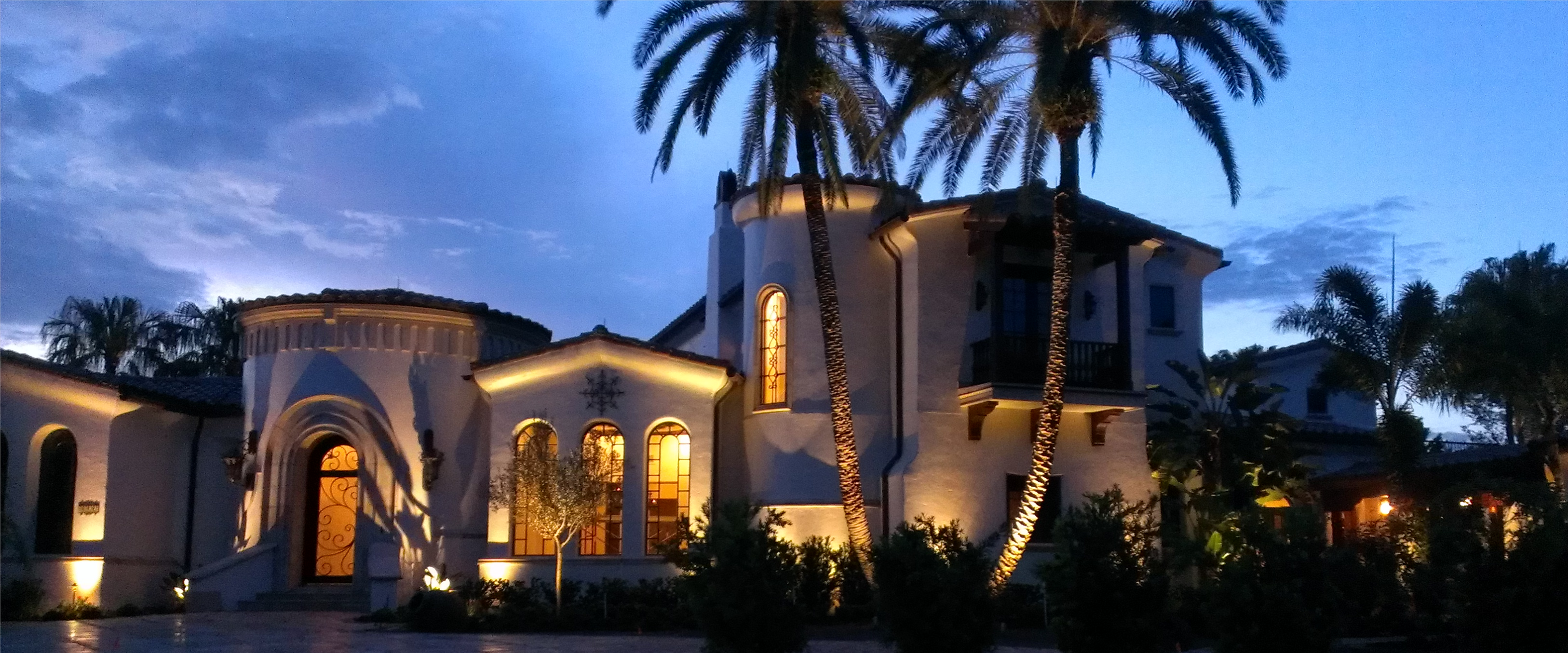Quick Answer:
LED landscape lights are much more energy-efficient than traditional bulbs, using only 10 to 40 watts each. A common setup needs just 50 to 200 watts altogether, cutting a home's outdoor lighting energy use by about 75% less energy. This switch can significantly lower your electric bills and benefit the environment.
Introduction
Landscape lighting enhances the aesthetic appeal of outdoor spaces, offering both functionality and style. In recent years, LED (Light Emitting Diode) technology has become the frontrunner in this area due to its energy efficiency and longevity. Today, we’ll find out the efficiency of LED landscape lights and how they save money.
How Efficient Are LED Landscape Lights
LED landscape lights are more energy-efficient because they turn more of their electricity into light and less into heat. They work differently than old-style bulbs like incandescent or halogen, using roughly 75% less energy. This saves power and lowers your electric bills, making LEDs a smart pick for saving money and being kinder to the environment.
How Much Power Do LED Landscape Lights Consume?
Most LED landscape lights use between 10 to 40 watts each, varying by their design and purpose. The total energy they use depends on your setup and how many lights you've got in your garden. For a typical medium-sized garden, an LED system will use 50 to 200 watts in total, much less than older lighting systems. Here's a table showing the electricity usage of LED lights for gardens of different sizes:
| Garden Type | Lighting Setup | Total LED Count | Total Consumption (Watts) |
|---|---|---|---|
| Small Residential | 10 small LED spotlights | 10 | 50 |
| Medium Residential | 15 medium LED spotlights + 5 LED pathway lights | 20 | 135 |
| Large Residential | 20 large LED floodlights + 10 medium LED spotlights + 10 LED pathway lights | 40 | 270 |
| Extensive Garden | 20 large LED floodlights + 10 medium LED spotlights + 10 small LED accent lights + 10 LED pathway lights | 50 | 350 |
| Luxurious Estate | 30 large LED floodlights + 20 medium LED spotlights + 20 small LED accent lights + 20 LED pathway lights | 90 | 740 |
| Minimalist Garden | 5 small LED accent lights + 5 LED pathway lights | 10 | 40 |
Energy Use and Cost Comparison: LED vs. Traditional Landscape Lights
Switching to LED landscape lights from traditional halogen or incandescent ones can lead to big energy and cost savings. For example, where a 500-watt halogen system might be standard, an equally bright LED setup will only use about 125 watts.
Here's what that means for your wallet: if electricity costs are average, using the halogen lights for 5 hours every night will add up to 2.5 kWh daily. An LED system for the same time uses just 0.625 kWh. That's a huge monthly and yearly difference on your electric bill—not to mention the positive impact on the environment with less energy used.
If your outdoor lighting system uses 500 watts with halogen bulbs, switching to LED can reduce this to around 125 watts. With an electricity rate of $0.12 per kilowatt-hour, using halogen lights for 5 hours nightly costs 2.5 kWh, or $0.30 each day. LEDs would only use 0.625 kWh, costing about $0.075 daily.

That means monthly, you'd pay $9.00 for halogens, but just $2.25 for LEDs — saving you $81.00 over a year. Switching to LEDs also cuts energy use, which is better for the environment, and their longer lifespan means fewer bulb changes and less waste.
| Parameter | Traditional Halogen | LED |
|---|---|---|
| Power Per Bulb (Watts) | 50 | 12.5 |
| Daily Usage (Hours) | 5 | 5 |
| Daily Energy Consumption (kWh) | 1.25 | 0.3125 |
| Daily Cost ($) | 0.15 | 0.0375 |
| Monthly Cost ($) | 4.50 | 1.125 |
| Annual Cost ($) | 54.00 | 13.50 |
Saving Money with LED Landscape Lights
Brighten your outdoor space with LED landscape lights and see your energy bills drop! They cost a bit more upfront, but you'll save in the long run because they use less electricity and last longer than traditional bulbs. Make the smart switch to LEDs—it's a straightforward choice that benefits your budget and the environment. Ready for lower bills and durable lighting? Go for LEDs today!
Frequently Asked Questions About LED Landscape Lighting
Q1: Do LED lights consume a lot of electricity when left on?
No, LED lights are designed to be energy-efficient. They use much less electricity compared to traditional bulbs, so leaving them on doesn't use a lot of power.
Q2: Is it safe to leave LED lights on throughout the day?
Yes, it is generally safe to leave LED lights on all day. They produce minimal heat and are designed for long-term use.
Q3: What's the cost of running an LED light all day?
The cost is low. For a single LED bulb rated at 10 watts, running it for 24 hours would typically cost around $0.03 based on an average electricity rate of $0.12 per kilowatt-hour.
Q4: How much does it cost to run a 100-watt LED bulb for 24 hours?
Running a 100-watt LED bulb for 24 hours would cost about $0.288. This assumes an electricity rate of $0.12 per kilowatt-hour. However, 100-watt LEDs are exceptionally high wattage for LEDs; typical household LEDs use between 5-25 watts.






Leave a comment
All comments are moderated before being published.
This site is protected by hCaptcha and the hCaptcha Privacy Policy and Terms of Service apply.